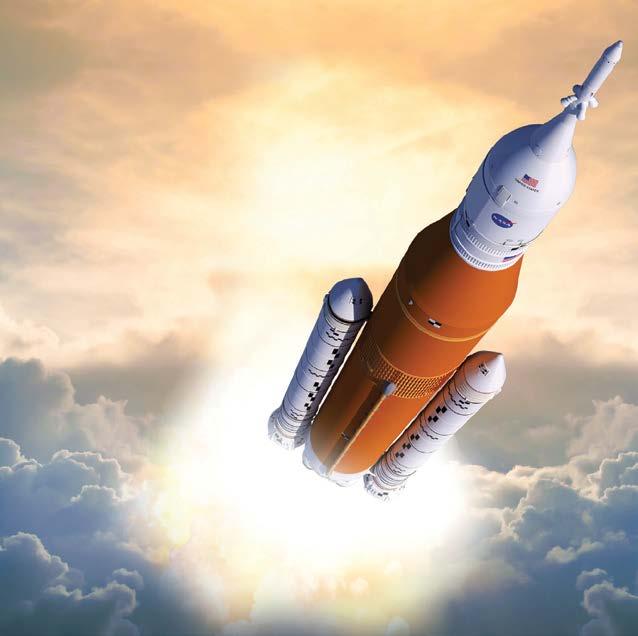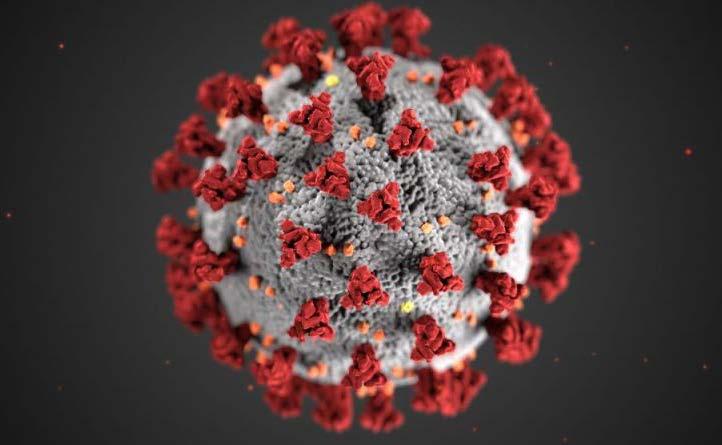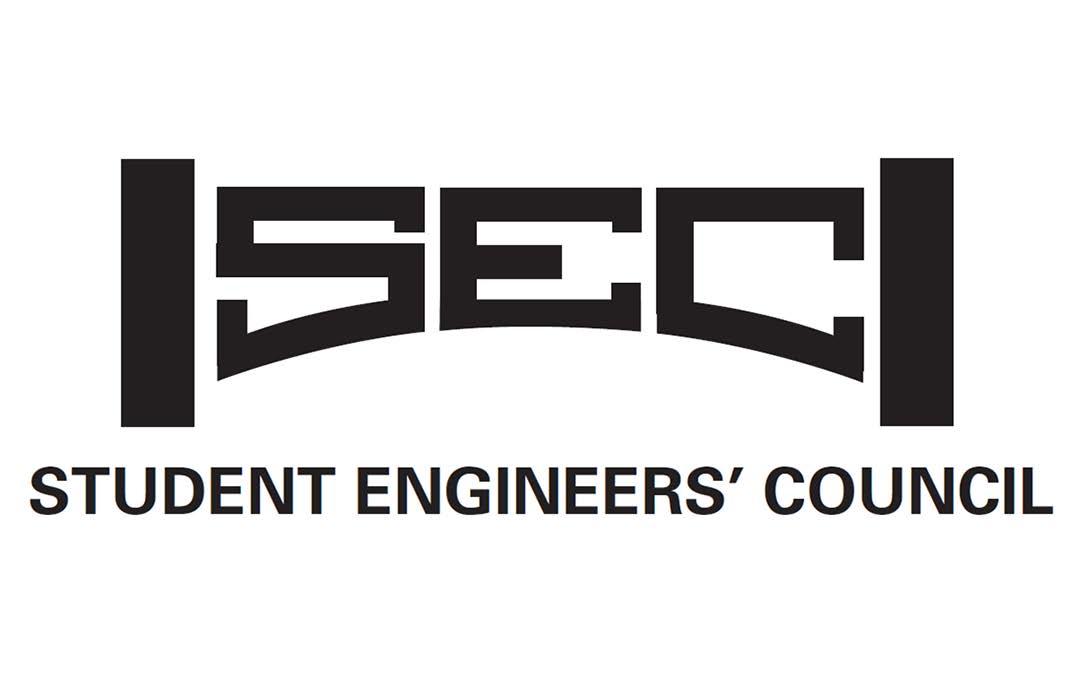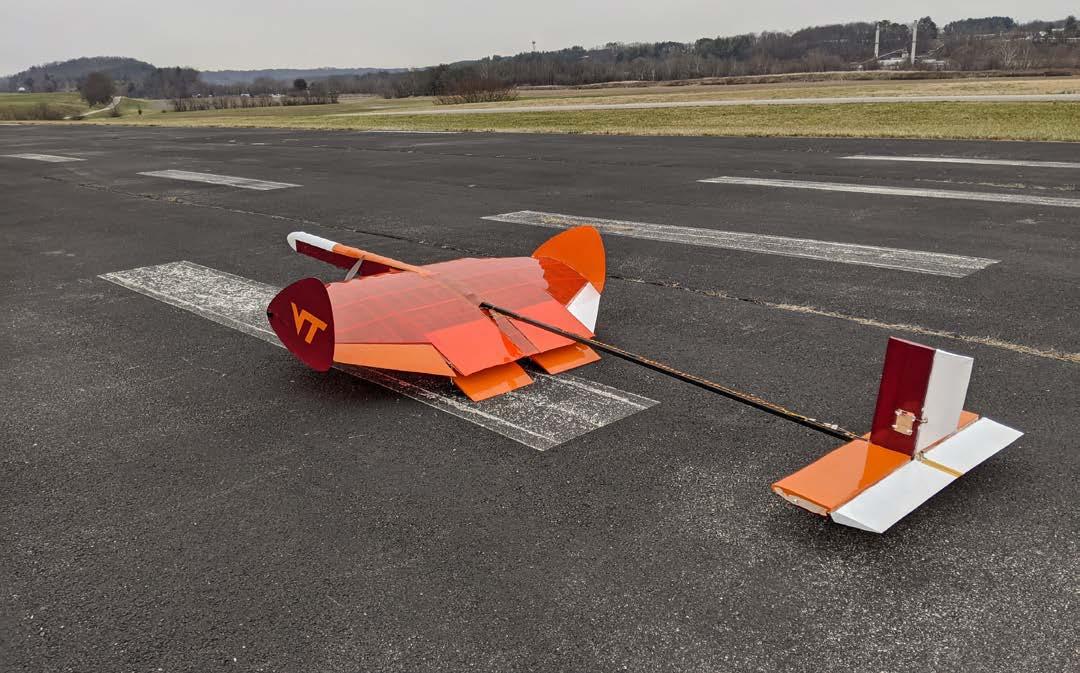
5 minute read
Engineering Students Persist Through Pandemic
Bolt bike on
racecourse. Photo /
Advertisement
Facebook - BOLT at Virginia Tech
Article / Maaz Hasan
If nothing more, engineering is a field of study that revolves around hands-on problem solving and face to face cooperation. The COVID-19 outbreak and the closing of campus in the spring semester has made these core pillars of engineering near impossible. For ongoing design team projects, both in the Ware Lab and elsewhere, work went from running smoothly before spring break to running face-first into a brick wall shortly after. All physical work on projects was immediately stopped, and with the labs closing along with campus, there was no way to continue adding to ongoing projects. Furthermore, with most everyone having been sent home, communication became limited to scheduled online meetings. However, despite the numerous challenges the pandemic brought, the design teams were able to do what they do best — engineer their way through as many issues as they could.
Teams being unable to access their projects revealed an immediate issue. Many teams turned to online meetings to keep communication but had no way of working on the end result. With all construction being put on hold, every team had to change their project timelines. Almost every team had to switch to pure research and design work immediately, basing all designs on previously collected data. However, despite working towards the future, no team was able to completely finish projects. “We definitely suffered setbacks,” BOLT’s Powertrain lead Will Hom explains. “Obviously, we were unable to attend the race in May that we had wanted to make, as well as the other summer races we were hoping to attend.” BOLT went from expecting a competition-ready bike in May to now anticipating a raceable product in October at the earliest. Many teams face a similar situation, where the planned timeline is set back months. A few lucky teams were able to compete based solely on reports, while the large majority were unable to attend any competitions at all. The inability to build and test tangible products caused many teams to take many steps back and practically restart for their new projects in the upcoming years. However, no team solved the issues sitting down. Every team decided to do what Audrie Corral, President of Human Powered Submarine outlines: “Rather than focusing on what we couldn’t do, we chose to focus on what we could do to put ourselves in the best possible position come the fall semester.” By switching to fixing existing issues in designs and beginning potential models for the future, each team prepares to hopefully go into the lab. Human Powered Submarine at testing their project prior to the pandemic.
“large majority (of teams) were unable to attend any competitions” - Hasan

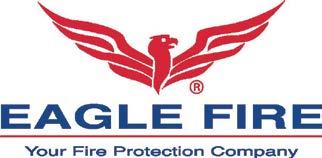
OUR SERVICES INCLUDE
Sprinkler Systems Testing & Inspection of Fire Protection Systems Fire Suppression Systems Fire Pump Testing Alarm & Detection Systems Access Control Systems
OUR SERVICE AREA
For career opportunities visit our website and fill out an on-line application! www.eaglefire.com
7459 White Pine Road | Richmond, VA 23237 | (804) 743-2500
VA-2701 035314A PLB FAS SPR FSP ELE DCJS 11-2841 NC-18023 FS 21188-U 25113-SP-LV SC-BFS.8843FSQ FAC 3145 BAC 5078 MD-MSC-165 AL-3392 TN-61246 617 269
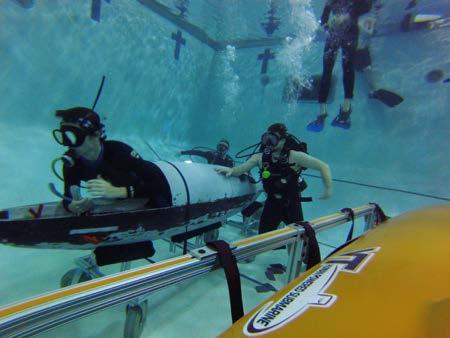
Human Powered Submarine at testing their project prior to the
pandemic. Photo / Human Powered Submarine at Virginia Tech, @vthps
Team coordination and leadership also became an issue. Many teams lost their senior members without being able to fully train the next set of leaders, since this is mostly done at the end of the spring semester. Some teams had to elect new leaders virtually and prepare them for the upcoming semester. Jack Barnes, Project Manager of Design Build Fly, explains how he and other team leaders have been using video conferences to train the new younger team to prepare them for future competitions, along with using social media to attract prospective members. The intent is “to get our [new] leads comfortable in presenting ideas to groups of people. We want our team to communicate and run to the best of their abilities,” according to Barnes. By focusing on leadership and training members, many teams are preparing to hit the ground running this upcoming semester.
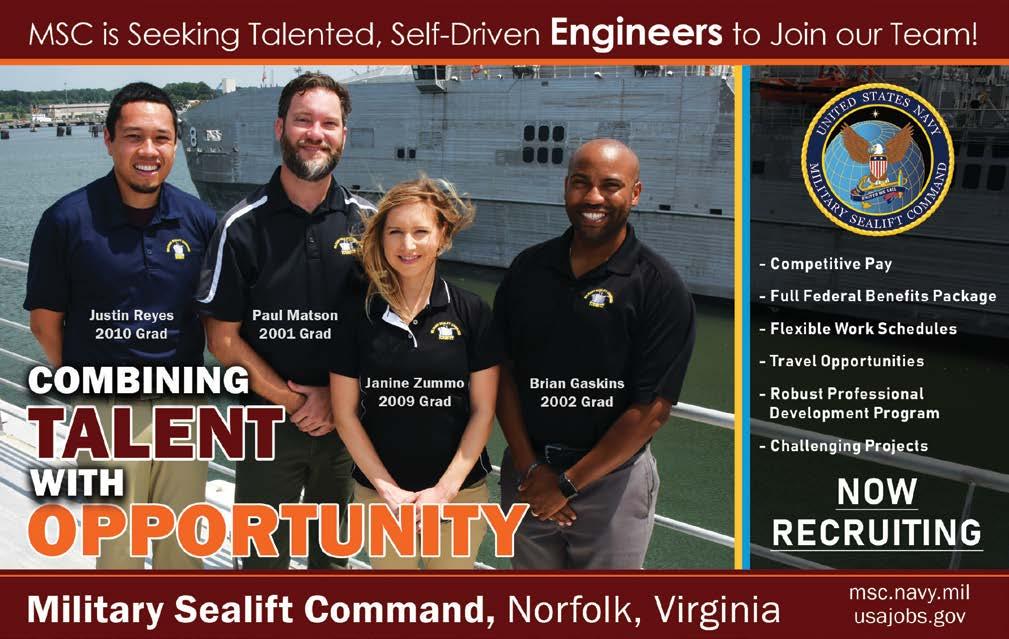
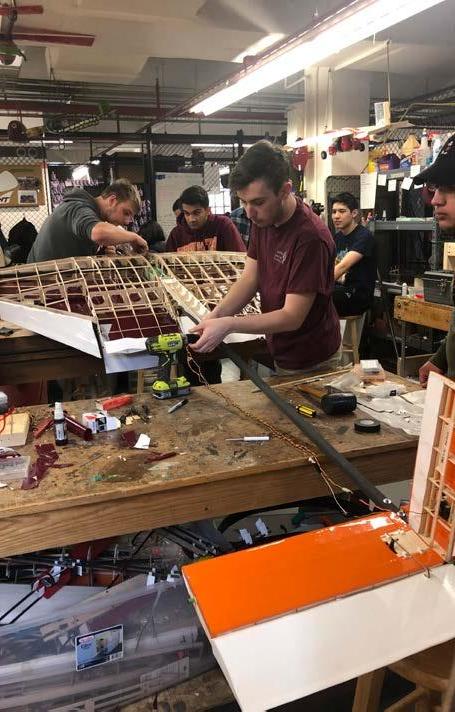
Design Build Fly team members assembling their aircraft before the
pandemic broke out. Photo / Design Build Fly, @hokiesDBF In the end, each design team around campus faced an immovable object in the pandemic and turned themselves into an unstoppable force to face it. However, despite more challenges being presented, such as the Ware Lab being closed to anyone not actively working on the physical projects, the teams are working hard to overcome them. Every team is ready to “make sure our members are safe and healthy while also giving them the opportunity to get some hands-on experience,” as Jack Barnes put it. Will Hom says, “It certainly has been frustrating having to figure out how to adapt to the ‘new normal’ that became a reality, but I’m proud of the way we came together...and continued to work on our projects. I’m excited for what the future holds.” Audrie Corral emphasized how she thinks that students “have been incredible throughout these past few months. They have kept up with projects and really roll with the punches.” With no clear outlook of the future, the only certain thing is that regardless of the issues thrown at the teams, they’ll be ready to find a way to work through them.
Aerojet Rocketdyne is hiring students interested in propelling their passion in Engineering, Supply Chain, Operations, and many other disciplines! We have internships and entry level positions available — visit our website to learn more!
